Synchronisation
Synchronisation or “Synch Licensing” relates to placing music to an image or moving picture.
A synchronisation ‘synch’ licence is required when a musical work is used in combination with another form of media, usually visual, and is most commonly sought for use in TV, film, advert, online trailer, corporate video, or social media post.
For film and television, synchronization is crucial. The music must align with the on-screen action, creating the appropriate mood and enhancing the viewer's experience. Synchronization ensures that all elements of a musical performance or production work together seamlessly, creating a pleasing and engaging auditory and visual experience.
Manufacture / Compilation Licensing
A master recording license, also called a master use license or master license, grants the recipient the right to use the entirety or any parts of the original sound recording for their means. For example, obtaining a license to include a Naxos track within a compilation CD.
Public Performance
A Public Performance license is needed when using our recorded music in public such as for accompaniment to a live dance performance or as background to a theatre play. Music has the power to convey emotions, create tension, or establish a particular atmosphere. In dance productions, the choreography often aligns with the music, creating a symbiotic relationship between movement and sound. Music helps dancers stay in sync, and the choreography can be designed to highlight musical nuances.
Sampling
If another artist or producer wants to sample a portion of a recording, they usually need to obtain permission (a license) from the master rights holder. This can involve negotiations and the payment of fees.
